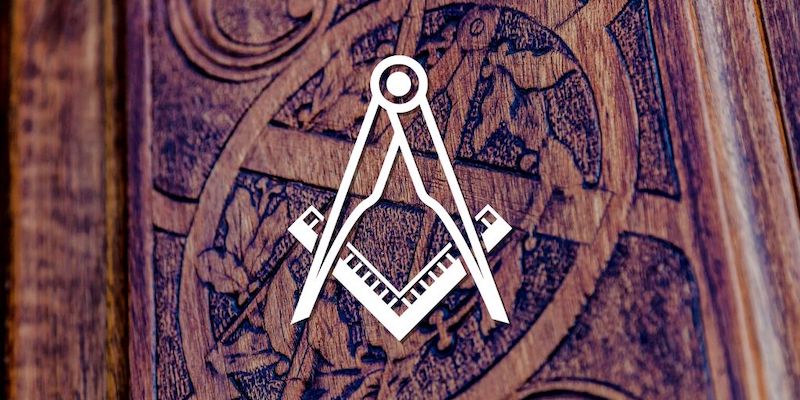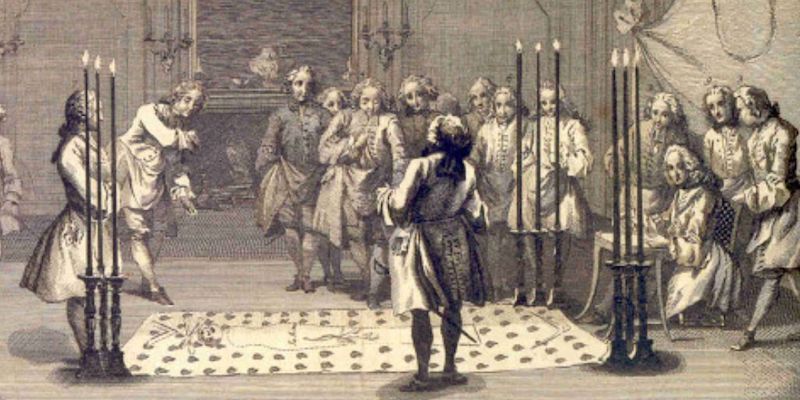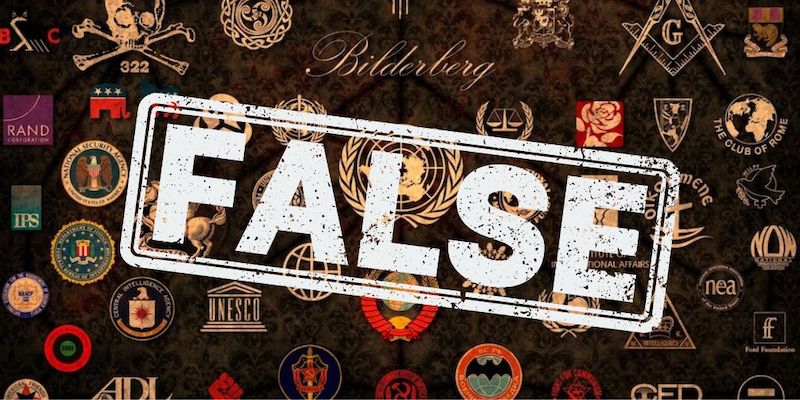Freemasonry, the world’s oldest and most renowned fraternity, has long been shrouded in mystery and intrigue.
With its rich history and deeply rooted traditions, Freemasonry has captivated the minds of many curious individuals throughout the ages.
In this article, we take a fascinating journey into the customs and traditions of Freemasonry, offering you a glimpse inside.
From the symbolism and rituals that form the foundation of Freemasonry to the principles and values that guide its members.
Whether you’re a Freemason seeking to deepen your understanding or simply intrigued by the secrets behind it, join us as we explore the customs and traditions that have shaped Freemasonry into what it is today.
Prepare to unlock the doors of knowledge and discover the timeless wisdom that lies within the heart of Freemasonry.

The History of Freemasonry
Origins of Freemasonry
Its origins can be traced back to the Middle Ages when stonemasons formed guilds to protect the secrets of their craft and ensure that their members were properly trained.
These guilds were highly exclusive and only admitted skilled craftsmen who had completed a rigorous apprenticeship.
Over time, these guilds began to admit non-stonemasons, such as merchants and noblemen, who were interested in the knowledge and skills that the guilds possessed.
This led to the formation of “speculative” lodges, which focused on the moral and philosophical teachings of Freemasonry rather than the practical skills of stonemasonry.
Middle Ages
During the Middle Ages, Freemasonry was primarily a guild of stonemasons who built the great cathedrals and castles of Europe.
The Masons were highly skilled craftsmen who were responsible for the design, construction, and maintenance of these magnificent structures.
The Masons were also responsible for the creation of many of the symbols and rituals that are still used in modern Freemasonry.
These symbols and rituals were designed to teach moral and philosophical lessons to the members of the guild.
Founding Fathers
Many of the Founding Fathers of the United States were members of the Freemasons, including George Washington and Benjamin Franklin.
These men saw Freemasonry as a way to promote the ideals of liberty, equality, and fraternity that were central to the American Revolution.
Washington was initiated into the Masonic lodge in Fredericksburg, Virginia, in 1752.
He remained an active member of the Masonic fraternity throughout his life and was eventually elected the Grand Master of the Grand Lodge of Virginia.
Franklin was also a prominent member of the Masonic fraternity.
He was initiated into the Masonic lodge in Philadelphia in 1731 and remained an active member for the rest of his life. He was also a member of several other Masonic lodges in Europe.
Its Customs and Traditions

Masonic Rituals
One of the most important customs in Freemasonry is our ritual ceremonies.
These ceremonies are steeped in symbolism and are designed to teach important moral lessons.
Our rituals are divided into three major degrees: Entered Apprentice, Fellowcraft, and Master Mason.
Each degree has its own set of ceremonies, teachings, and rights for the Mason.
Masonic Symbols
Another important aspect of Freemasonry is our use of symbols.
We use symbols to represent important concepts and ideas. Some of the most well-known symbols in Freemasonry include the square and compasses, the all-seeing eye, and the letter G.
Each of these symbols has a specific meaning that is taught to members during their initiation.
Handshake
The Freemason handshake is another important tradition in our fraternity. The handshake is used to identify fellow members and to show respect and brotherhood.
The handshake is a simple but powerful symbol of our fraternity’s values.
All-Seeing Eye
The all-seeing eye is perhaps the most recognizable symbol of Freemasonry.
The eye is often depicted within a triangle and is meant to represent the watchful eye of God.
The all-seeing eye is a powerful symbol of our fraternity’s commitment to morality and virtue.
Charity and Social Activities
As Freemasons, we believe in the importance of giving back to our communities and helping those in need.
This is why charity is such an integral part of our organization. We are committed to supporting a wide range of charitable causes, from local community initiatives to global humanitarian efforts.
Through our charitable activities, we aim to make a positive impact on the world around us.
We believe that by working together, we can achieve great things and make a real difference in people’s lives.
Some of the ways in which we support charitable causes include:
Fundraising events: We organize various fundraising events throughout the year, such as charity walks, runs, and auctions. These events help us to raise money for important causes and bring people together in support of a common goal.
Donations: We make regular donations to a wide range of charitable organizations, including those that support education, healthcare, disaster relief, and more. By supporting these organizations, we are able to make a meaningful contribution to the communities we serve.
Volunteer work: We also believe in the importance of hands-on volunteer work. Many of our members volunteer their time and skills to support local initiatives and community projects. This allows us to make a direct impact on the lives of those in need and to build stronger bonds with our communities.
In addition to our charitable activities, we also place great importance on social events and activities.
We believe that by coming together in fellowship and camaraderie, we can strengthen our bonds as brothers and build a stronger, more supportive community.
Some of the social activities we organize include:
Dinners and gatherings: We regularly hold dinners and gatherings for our members, providing an opportunity for us to come together and socialize in a relaxed, friendly environment.
Sports and recreational activities: We also organize various sports and recreational activities, such as golf tournaments and bowling nights. These events allow us to have fun together and build stronger bonds of friendship.
Cultural events: Finally, we believe in the importance of celebrating our cultural heritage and traditions. We organize various cultural events throughout the year, such as festivals and concerts, to celebrate our shared history and traditions.
Some Controversies Surrounding Freemasonry

Conspiracy Theorists
As Freemasonry is a secret society, it has been a target of many conspiracy theories.
Some conspiracy theorists believe that Freemasons are involved in a global conspiracy to control the world. However, there is no evidence to support these claims.
Freemasonry is a fraternity that promotes moral values and charity work.
Jews
There have been controversies surrounding the relationship between Freemasonry and Jews.
Some believe Freemasonry is a Jewish organization. However, this is also not true.
Catholics
The relationship between Freemasonry and the Catholic Church has been controversial.
In 1738, Pope Clement XII issued a papal bull that prohibited Catholics from becoming Freemasons. This ban was reaffirmed by subsequent popes.
The Catholic Church believes that Freemasonry is incompatible with Catholicism because of its secret nature and its promotion of religious tolerance.
Presidents
Several US presidents have been members of Freemasonry, including George Washington, Franklin D. Roosevelt, and Harry S. Truman.
However, some people believe that Freemasonry has had a negative influence on these presidents. There is no evidence to support these claims.